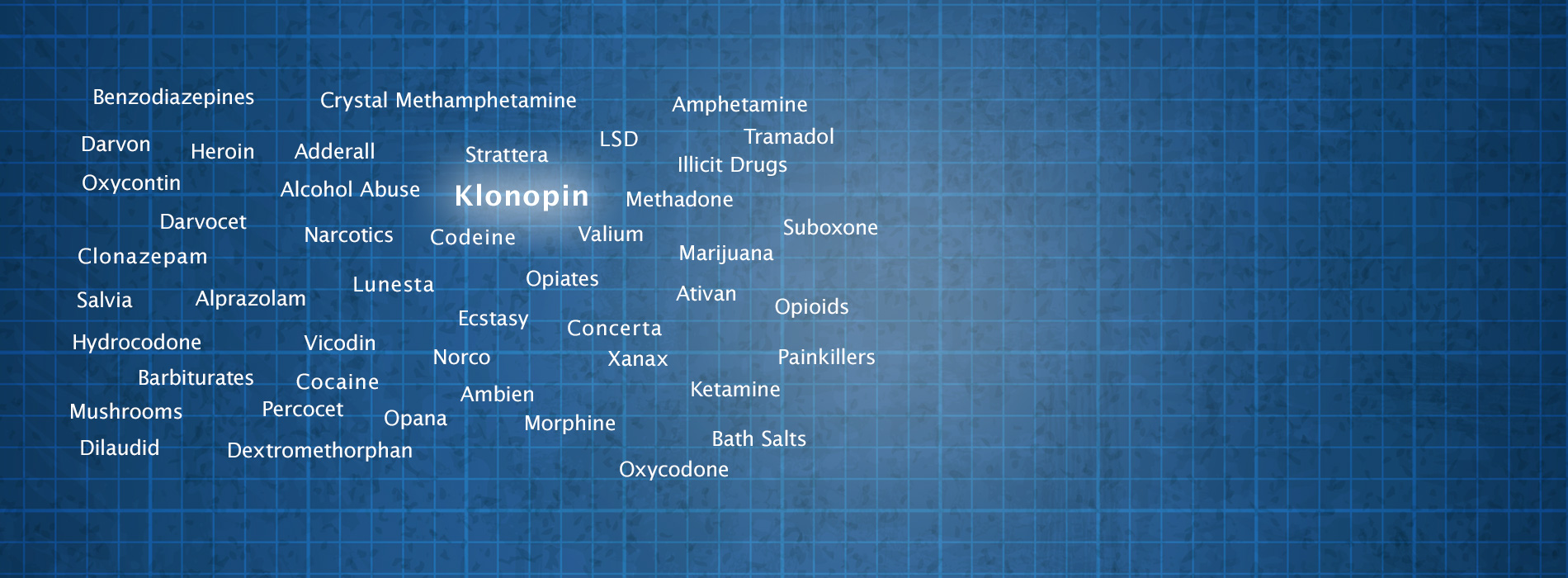Klonopin
Klonopin (clonazepam) is a drug used to treat anxiety, panic disorders, and seizures. It is taken in oral form and classed as a benzodiazepine medication. These drugs are considered to be depressants, such as Xanax, Valium, and Ativan. Prescriptions for Klonopin are filled all over the U.S., and in 2009, more than 24 million prescriptions for this drug were filled, according to the National Institute on Drug Abuse (NIDA). The widespread availability and acceptance of Klonopin makes the drug easily misused and abused. Klonopin is a Schedule IV drug under the Controlled Substances Act.Effects of Klonopin
The short-term effects of Klonopin when used as prescribed include restful sleep, improvement of brain activity, seizures, and anxiety, and decreased panic attacks. However, those who abuse Klonopin often experience a “high,” which often is potentiated when this drug is taken with opiates or alcohol. Cocaine and stimulant addicts will use Klonopin to help with the irritability, agitation, and inability to sleep that comes from these drugs.
There are many side effects to Klonopin, and these vary from person to person. Those with a history of drug abuse find this drug to be habit forming, and when combined with alcohol, full-blown addiction occurs. Other side effects include:
- Breathing difficulties
- Thoughts of suicide
- Depression
- Loss of appetite
- Headache
- Blurred vision
- Dizziness
- Changes in weight
Long-term effects of Klonopin include tolerance, which is where a person requires more and more of the drug to achieve the desired effect. Tolerance is a gradual thing, and is dangerous, as it increases the risk of overdose. The signs and symptoms of overdose include slowed reaction times, decreased reflexes, extreme drowsiness, confusion, and coma. Dependency on Klonopin leads to drug addiction, which is debilitating and affects a person’s ability to work, socialize, or function.
Causes of Addiction
Addiction to Klonopin involves a combination of factors, not just one cause. The factors are:
- Brain chemistry – This drug enhances the GABA receptors of the brain and decreases utilization of serotonin by the brain.
- Genetic – If you have a first-degree relative who has a substance addiction, you are at higher risk for developing this later in life.
- Environmental – People who grow up in a home where there is substance use/abuser are more likely to turn to substances for coping with every day stresses.
- Psychological – Addiction to any benzodiazepine is linked to abuse of other substances, and a person will use this drug to enhance or decrease effects of other drugs.
Treatment for Klonopin Addiction
Klonopin withdrawal leads to anxiety, depression, and digestive upset. For many, this leads to serious and overwhelming feelings. If you or someone you care about is addicted to Klonopin, the best option is to seek treatment at a rehabilitation (rehab) center. Detoxification (detox) is a way to rid the body of a drug gradually using medications. At the rehab, you will also receive counseling and education to help stay off drugs and have a successful recovery. Once your body is drug-free, the medical and substance abuse professionals may prescribe an antidepressant to help you cope with high anxiety levels. Cognitive behavioral therapy, motivational interviewing, and counseling all are included in your plan of care.

